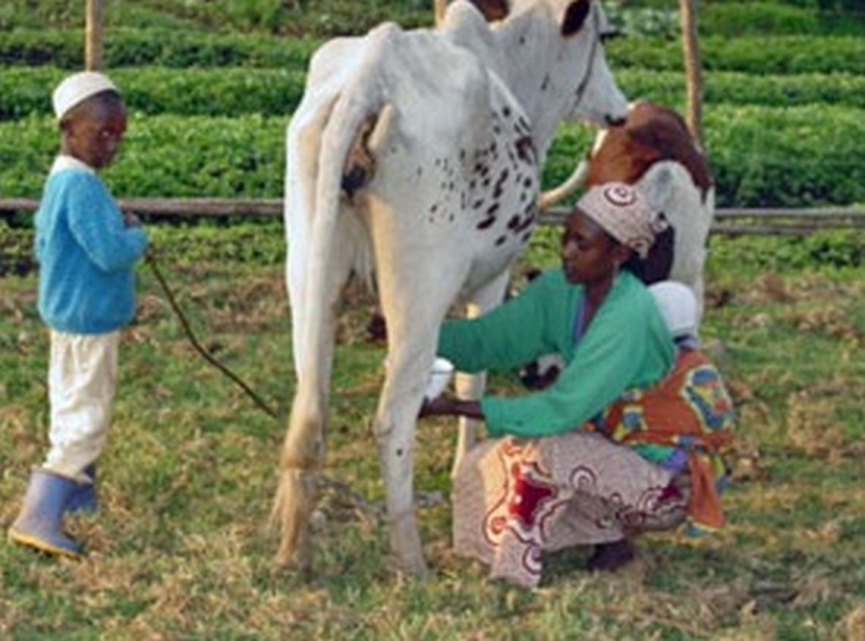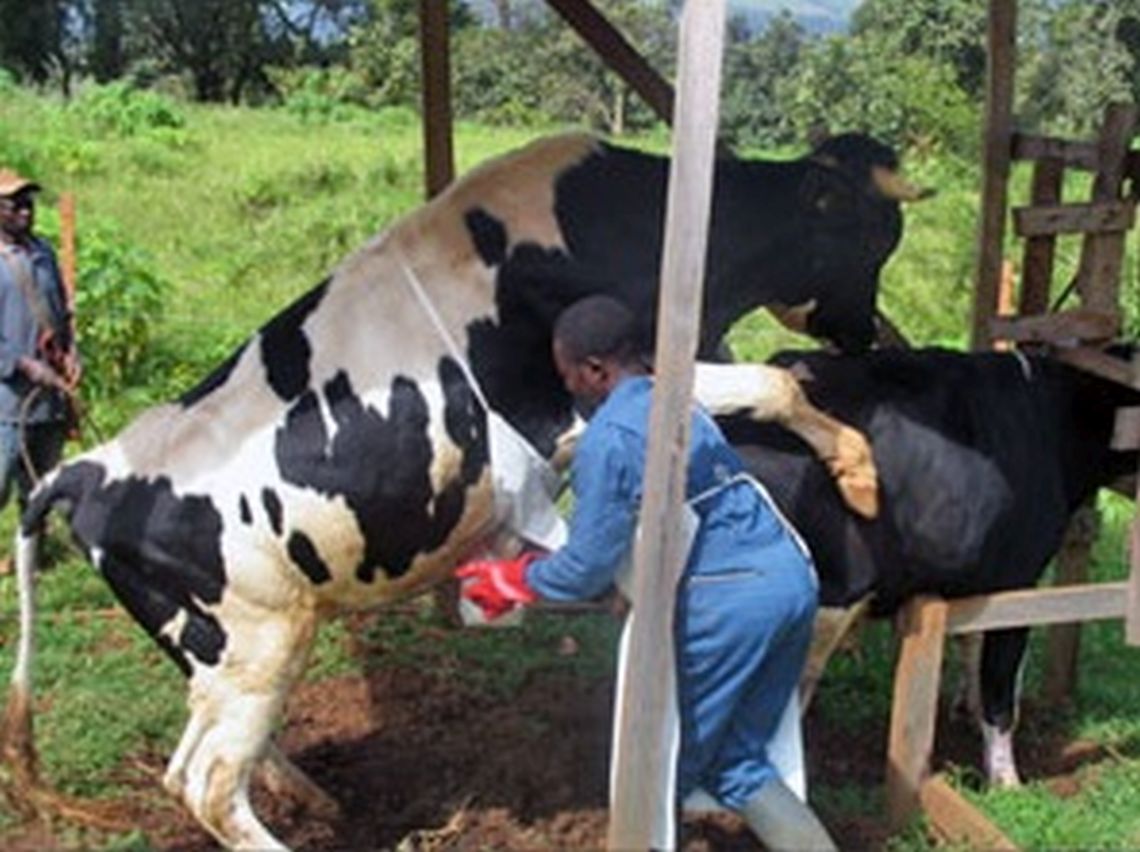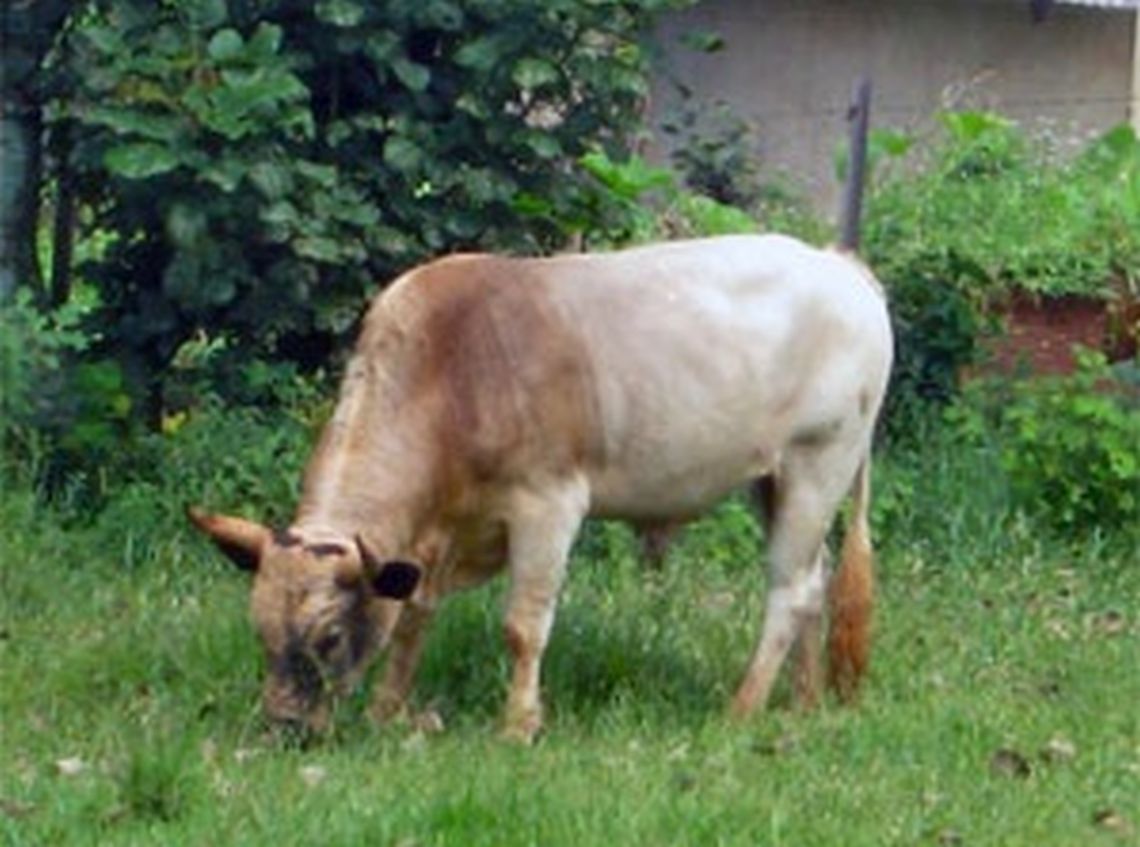The production of high quality livestock and livestock products depends largely on the type of animals, management practices and environment. The North West region of Cameroon is located at 1300 to 2500 m above sea level and is suitable for cattle farming as the climatic conditions are fair, the annual rainfall of 2000 mm is regular and the region is not tsetse fly infested. Farmers were interested in producing milk and dairy products and therefore Heifer International initiated a project in the 1970s to increase milk production in the area. During the start-up phase of the project, Holstein and Jersey bulls were used for mating with the local breeds and farmers agreed to return the first-born calves to Heifer International for further distribution to other farmers. Unfortunately, the advent of brucellosis coupled with poor reproductive performance constrained the natural mating approach used by the farmers and the programme required more effectively targeted inputs, resulting in the involvement in the project of the Bambui Cattle Centre, one of several government owned breeding stations.
The Bambui Cattle Centre was historically equipped with a disease diagnosis laboratory, a natural breeding/mating system, housing for livestock and rotational grazing paddocks. The IAEA through a TC Project expanded the capacity of the Centre to strengthen its capability for semen processing, artificial insemination (AI), and reproductive disease diagnostics. A radioimmunoassay laboratory was established for the determination of various reproductive hormones – a test for the early detection of non-pregnancy and a diagnostic test for Brucellosis. Dr. Henri Bayemi and his team successfully collected and processed semen from local bulls and trained technicians on heat detection, oestrus synchronization and on the AI technique. At this stage, the first inseminations were only carried out at the Bambui cattle farm. Later on, two Friesian bulls were donated by Heifer International and the team was able to initiate an AI field service in the vicinity of Bamenda, the hometown of the AI Centre.


